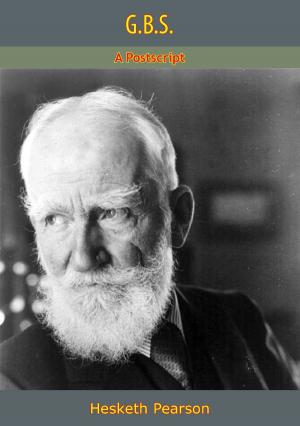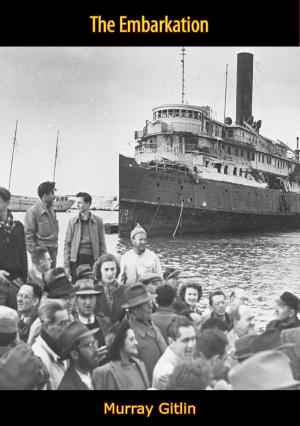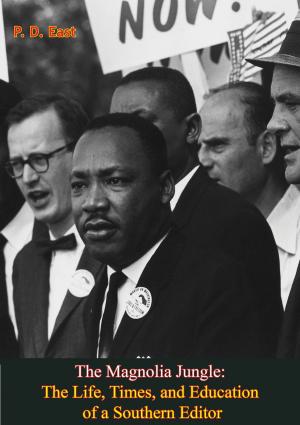Captain Ball V.C.
The Career of Flight Commander Ball, V.C., D.S.O.
Nonfiction, History, Military, World War I, Germany, British| Author: | Walter A. Briscoe | ISBN: | 9781787206090 |
| Publisher: | Valmy Publishing | Publication: | June 28, 2017 |
| Imprint: | Valmy Publishing | Language: | English |
| Author: | Walter A. Briscoe |
| ISBN: | 9781787206090 |
| Publisher: | Valmy Publishing |
| Publication: | June 28, 2017 |
| Imprint: | Valmy Publishing |
| Language: | English |
First published in 1918, this is the seminal biography of World War I’s “best English flying man”, Captain Albert Ball.
This volume contains a reprint of a collection of personal letters written by Captain Ball and is illustrated throughout with black and white photographs.
Albert Ball, VC, DSO & Two Bars, MC (14 August 1896 - 7 May 1917) was an English fighter pilot during WWI. At the time of his death he was the United Kingdom’s leading flying ace, with 44 victories, and remained its fourth-highest scorer behind Edward Mannock, James McCudden, and George McElroy.
Born and raised in Nottingham, Ball joined the Sherwood Foresters at the outbreak of WWI and was commissioned as a second lieutenant in October 1914. He transferred to the Royal Flying Corps (RFC) the following year, and gained his pilot’s wings in 1916. Joining No. 13 Squadron RFC in France, he flew reconnaissance missions before being posted in May to No. 11 Squadron, a fighter unit. From then until his return to England on leave in October, he accrued many aerial victories, earning two Distinguished Service Orders and the Military Cross. He was the first ace to become a British national hero.
After a period on home establishment, Ball was posted to No. 56 Squadron, which deployed to the Western Front in April 1917. He crashed to his death in a field in France on 7 May, sparking a wave of national mourning and posthumous recognition, which included the award of the Victoria Cross for his actions during his final tour of duty.
“I am sure nobody can read these letters without feeling that it is men like Captain Ball who are the true soldiers of British democracy. It is their spirit of fearless activity for the right, in their daily work, which will lead us through victory into a new world in which tyranny and oppression will have no part.”—D. LLOYD GEORGE, Foreword
First published in 1918, this is the seminal biography of World War I’s “best English flying man”, Captain Albert Ball.
This volume contains a reprint of a collection of personal letters written by Captain Ball and is illustrated throughout with black and white photographs.
Albert Ball, VC, DSO & Two Bars, MC (14 August 1896 - 7 May 1917) was an English fighter pilot during WWI. At the time of his death he was the United Kingdom’s leading flying ace, with 44 victories, and remained its fourth-highest scorer behind Edward Mannock, James McCudden, and George McElroy.
Born and raised in Nottingham, Ball joined the Sherwood Foresters at the outbreak of WWI and was commissioned as a second lieutenant in October 1914. He transferred to the Royal Flying Corps (RFC) the following year, and gained his pilot’s wings in 1916. Joining No. 13 Squadron RFC in France, he flew reconnaissance missions before being posted in May to No. 11 Squadron, a fighter unit. From then until his return to England on leave in October, he accrued many aerial victories, earning two Distinguished Service Orders and the Military Cross. He was the first ace to become a British national hero.
After a period on home establishment, Ball was posted to No. 56 Squadron, which deployed to the Western Front in April 1917. He crashed to his death in a field in France on 7 May, sparking a wave of national mourning and posthumous recognition, which included the award of the Victoria Cross for his actions during his final tour of duty.
“I am sure nobody can read these letters without feeling that it is men like Captain Ball who are the true soldiers of British democracy. It is their spirit of fearless activity for the right, in their daily work, which will lead us through victory into a new world in which tyranny and oppression will have no part.”—D. LLOYD GEORGE, Foreword

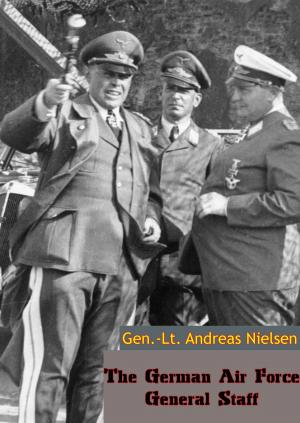


![Cover of the book Flight To Everywhere [With Illustrations] Vol. II by Walter A. Briscoe](https://www.kuoky.com/images/2018/march/300x300/9781789121056-zNQJ_300x.jpg)

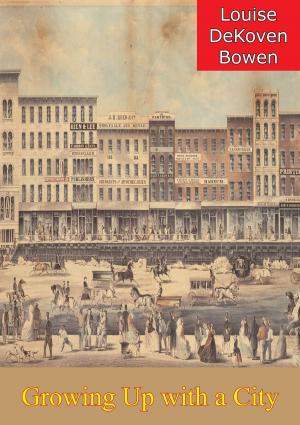

![Cover of the book The Times of Melville and Whitman [1st Edition] by Walter A. Briscoe](https://www.kuoky.com/images/2017/july/300x300/9781787207844-G6yA_300x.jpg)

